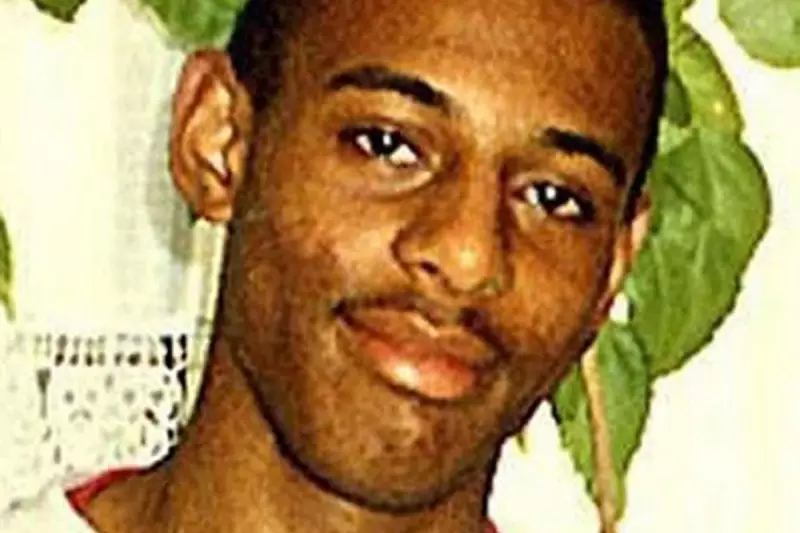
Baroness Doreen Lawrence, the formidable mother of murdered teenager Stephen Lawrence, delivered a blistering indictment of the government's race equality record during a landmark hearing at London's Royal Courts of Justice. The prominent anti-racism campaigner accused ministers of turning their backs on crucial reforms and failing the black community.
A Mother's Unwavering Fight for Justice
Thirty years after her son's racially-motivated murder sparked national outrage and exposed deep-seated institutional racism within British society, Baroness Lawrence returned to the legal arena with a powerful message: the fight for racial justice remains far from over.
"I don't think they care enough to do anything," she stated bluntly when questioned about the government's commitment to addressing racial inequality. Her testimony painted a picture of promises made and promises broken.
The Abandoned Race Equality Strategy
Central to her criticism was the government's controversial decision to discard the 2021 Commission on Race and Ethnic Disparities report, which had recommended developing a comprehensive race equality strategy. Despite initial pledges to implement its findings, the strategy never materialised.
Baroness Lawrence revealed her frustration with government inaction, telling the court: "They've dropped the ball on many things they said they were going to do." Her testimony highlighted how numerous initiatives aimed at addressing systemic racism had been quietly shelved or underfunded.
Confronting the Home Office
The hearing, part of a judicial review brought by the Runnymede Trust and the Good Law Project, scrutinised the government's approach to racial disparities. Lawyers argued that abandoning the strategy without proper consideration or replacement constituted a failure of the Public Sector Equality Duty.
Baroness Lawrence didn't mince words when describing her interactions with government officials, suggesting they appeared to be "dragging their feet" on meaningful change. Her evidence underscored the emotional toll of decades campaigning for racial justice while witnessing minimal progress.
A Legacy Beyond Legislation
Despite the Macpherson Report's groundbreaking findings in 1999, which labelled the Metropolitan Police as institutionally racist following the bungled investigation into her son's murder, Baroness Lawrence believes fundamental attitudes within institutions remain unchanged.
"It's about making people feel they belong in this country," she emphasised, pointing to persistent disparities in education, employment, and policing that continue to affect black communities disproportionately.
The judicial review represents the latest chapter in Britain's ongoing struggle with racial equality, with Baroness Lawrence's testimony serving as a powerful reminder that legislative changes alone cannot eradicate deep-rooted prejudice.






